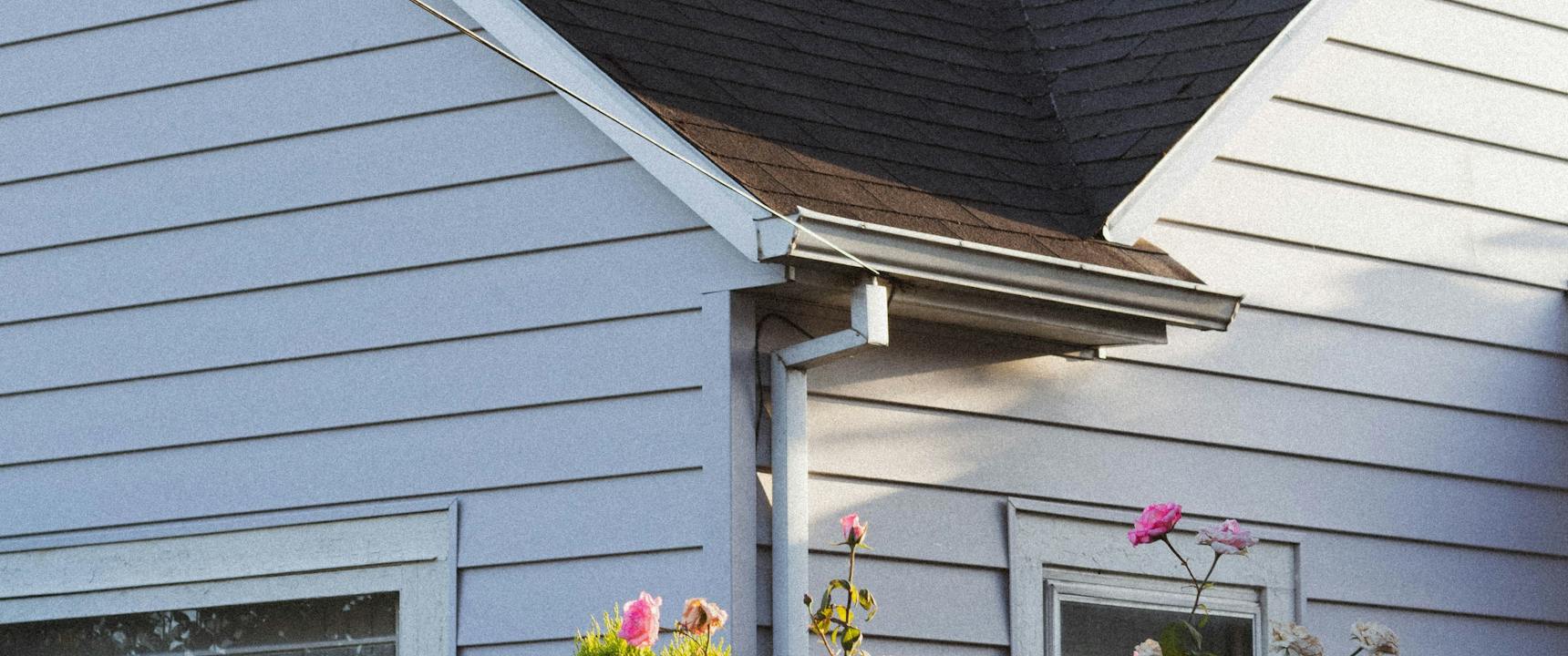
There are several key indicators that mean it’s time to pay attention to your roof. Some may seem less alarming …
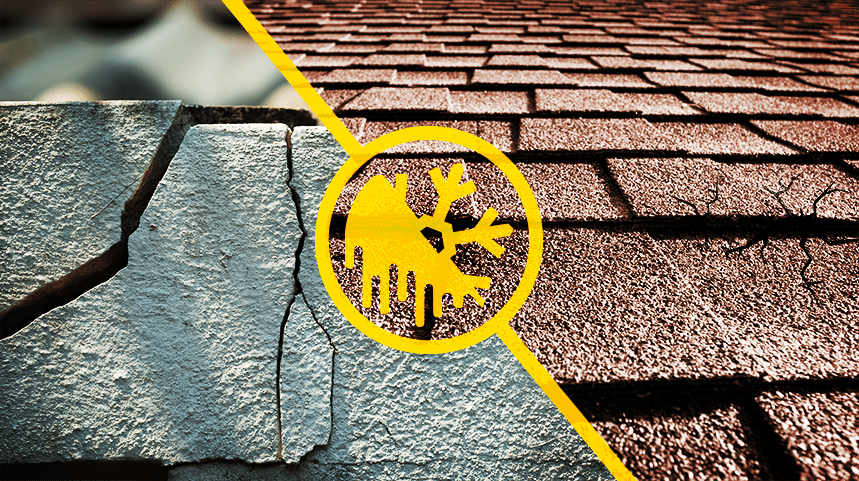
This drastic swing in temperatures is known to be associated with the freeze-thaw cycle. And no, it does not have anything to do with freezing meat and then letting it thaw out on the counter top. The freeze-thaw cycle occurs when there is moisture in the air and the temperatures go below freezing, then above freezing, and then back down to freezing temperatures. A continuous weather cycle that makes you wish you lived somewhere more tropical.
Your roof is prone to falling victim to the freeze-thaw cycle, so it is vital to detect cracking in your roof as soon as possible. The sooner any cracks are detected, the less roof damage you will experience down the road. Let’s say it snows during the day and the snow lays on your roof. Later in the afternoon, the snow begins to melt and the runoff fills the crack in your roof. Then as night approaches, temperatures drop and that runoff water freezes. Freezing water expands about nine percent, adding pressure to your roof, and increasing the size of the crack. This weakens your roof structure and can lead to roof leaks. A common consequence from this cycle is the formation of an ice dam.
Your roof is not your home’s only structure affected during a freeze-thaw cycle. Your foundation can also be negatively affected. After a heavy rainstorm, the ground becomes saturated with water. If the temperature were to drop below freezing, the ground would expand, and apply stress to your home’s foundation. This pressure can lead to shifting and cracking walls, and will continue to get worse the longer these issues go untreated.
Before it gets too late into winter, be sure to inspect your home’s foundation and roof for cracks. These cracks will inevitably grow due to the longevity of the freeze-thaw cycle. If you are unsure of how to repair a cracked wall or spot a crack in your roof, never hesitate to call a professional. They have a trained eye for these type of issues and will save you from frustration, hassle and cost of these damages down the road.

There are several key indicators that mean it’s time to pay attention to your roof. Some may seem less alarming …

As a homeowner, navigating the tricky and often time-consuming process of negotiating with your insurance company and contractors can be …
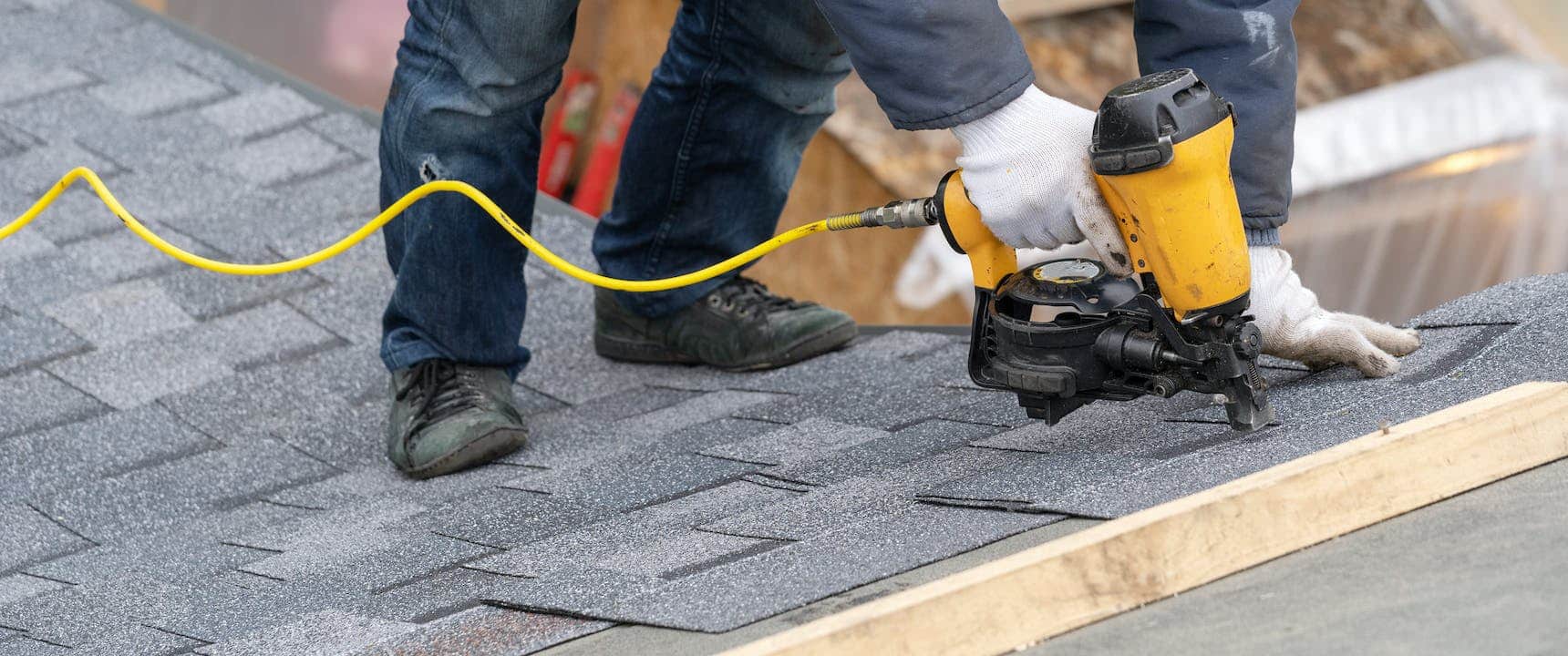
Homeowners throughout the greater Colorado Springs area are upgrading to a Class 4 shingle. The question we get asked most …
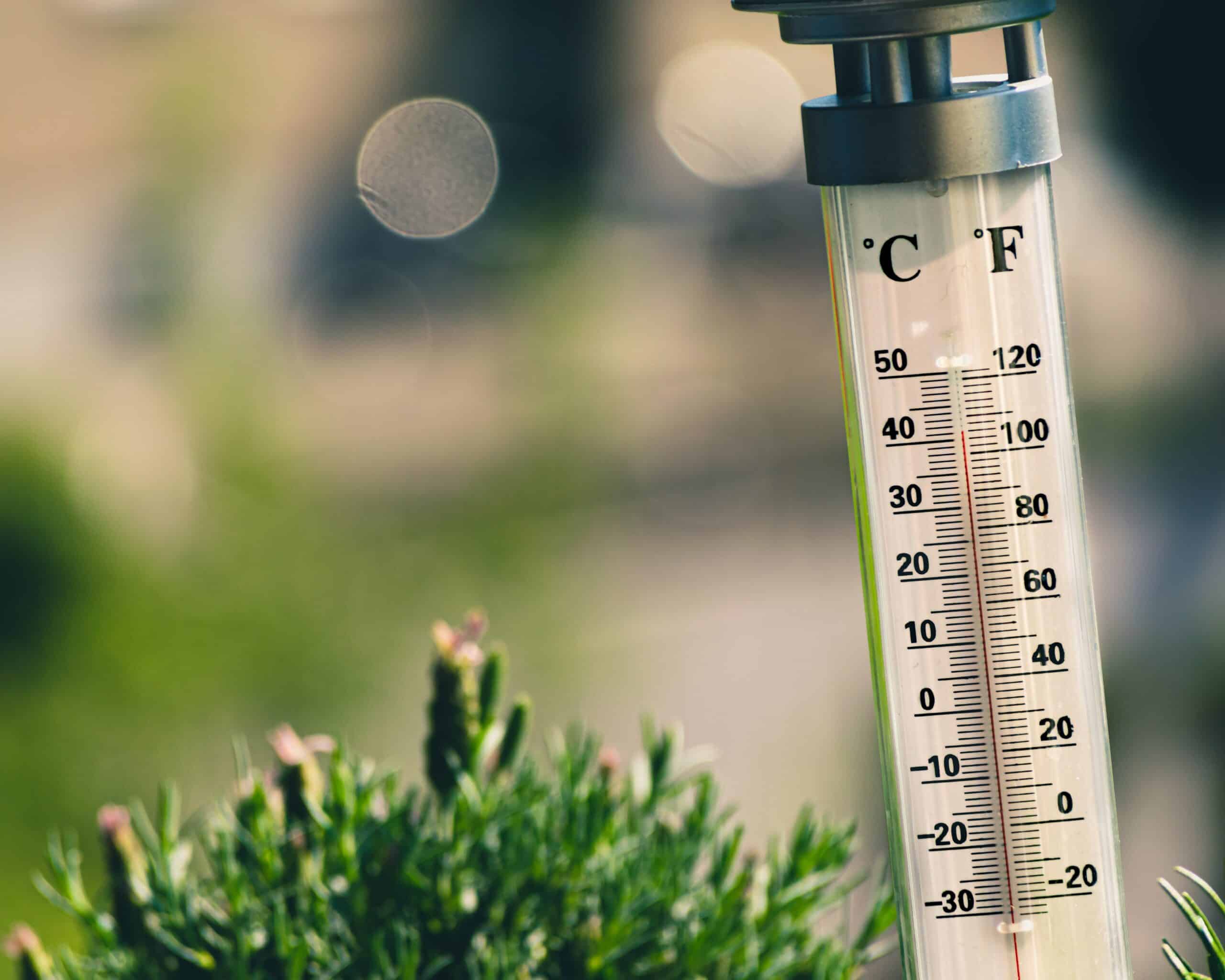
The whims of the weather have always impacted our daily lives, and it also can constrain our ability to install …

A roof leak is never a welcomed expense, so when you’re faced with a repair situation, you want to know …
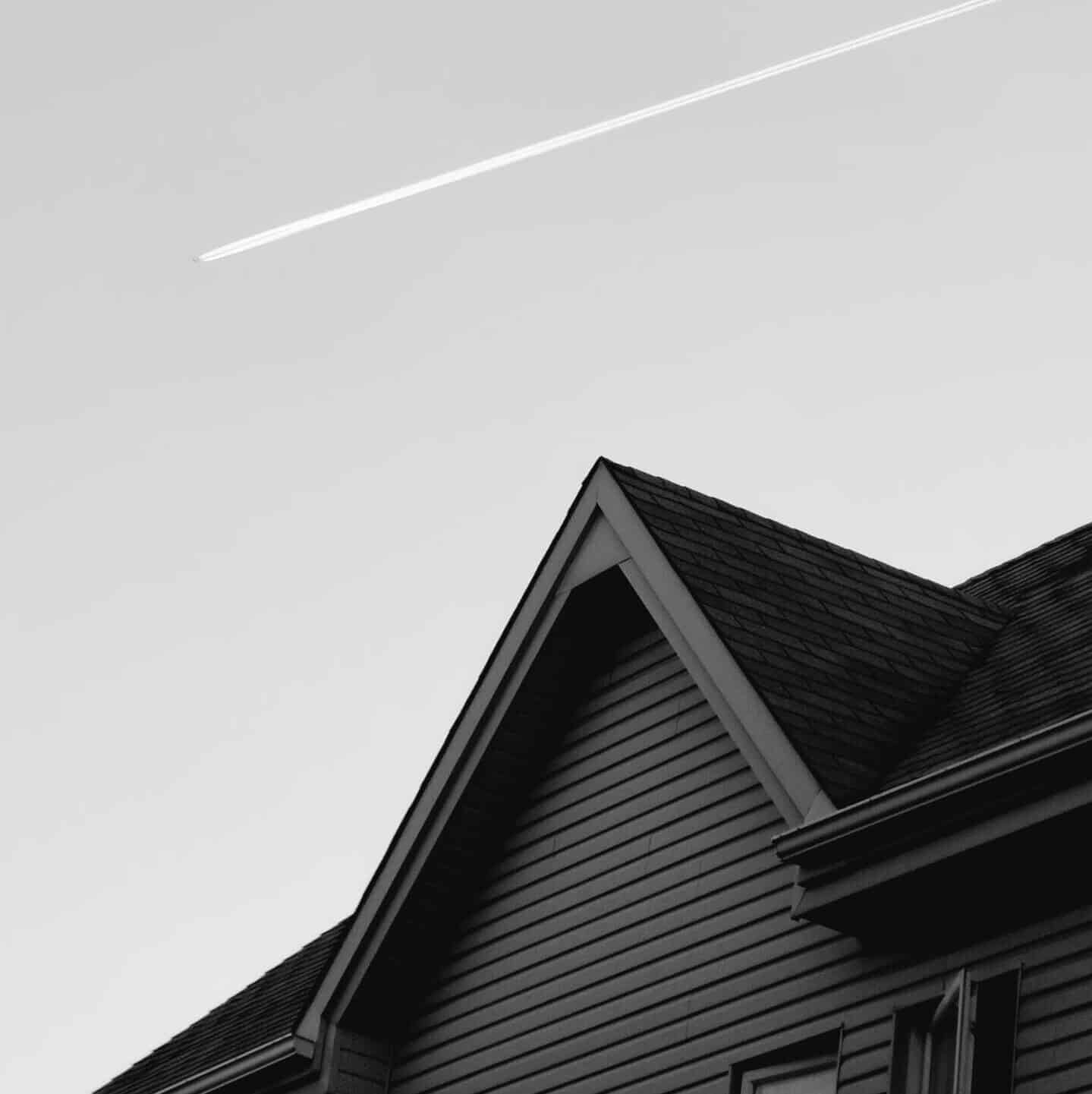
The threat of water damage is ever-present, constantly testing your roof’s resilience. Small cracks, weathered seams, and aging materials can …